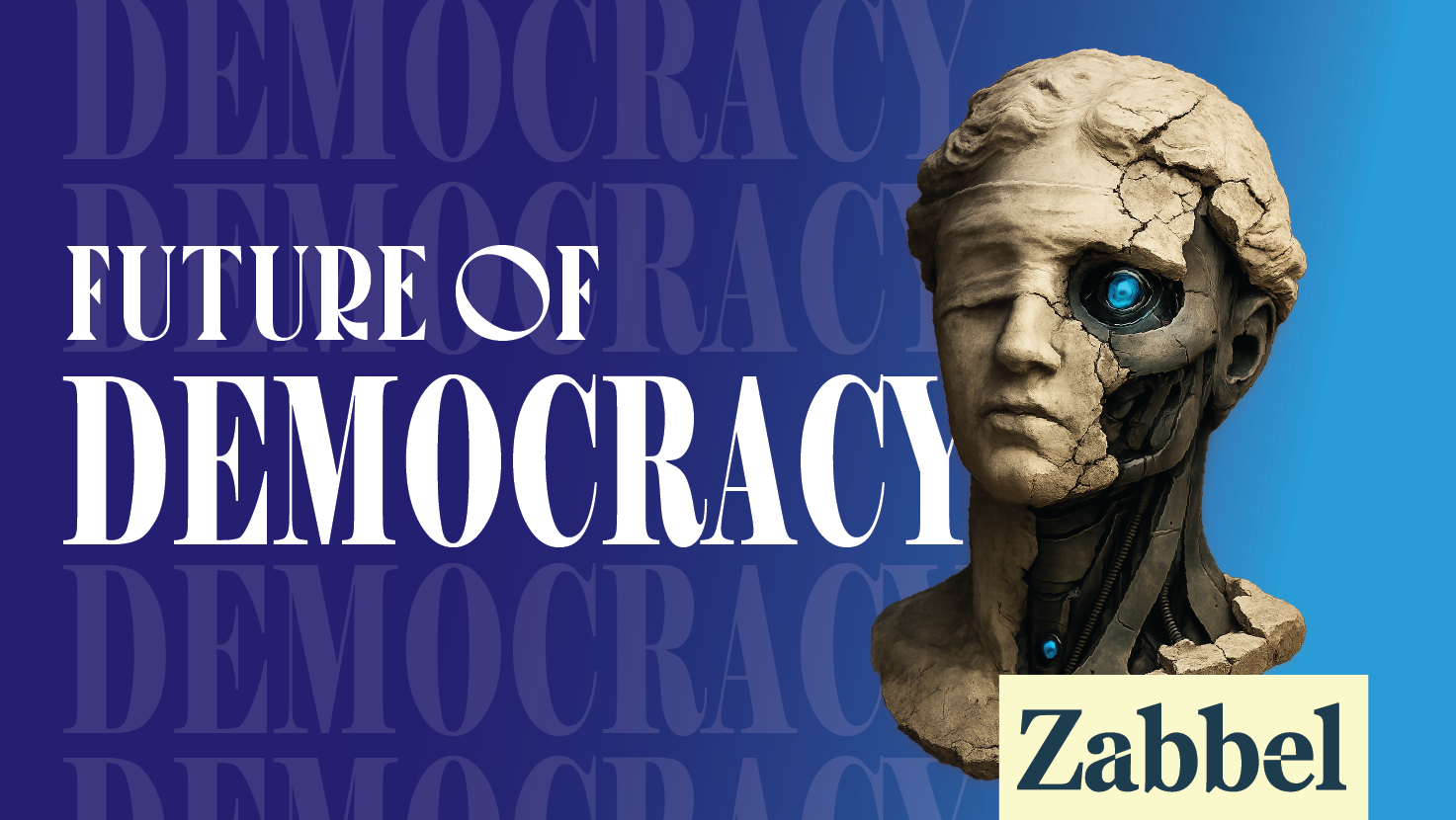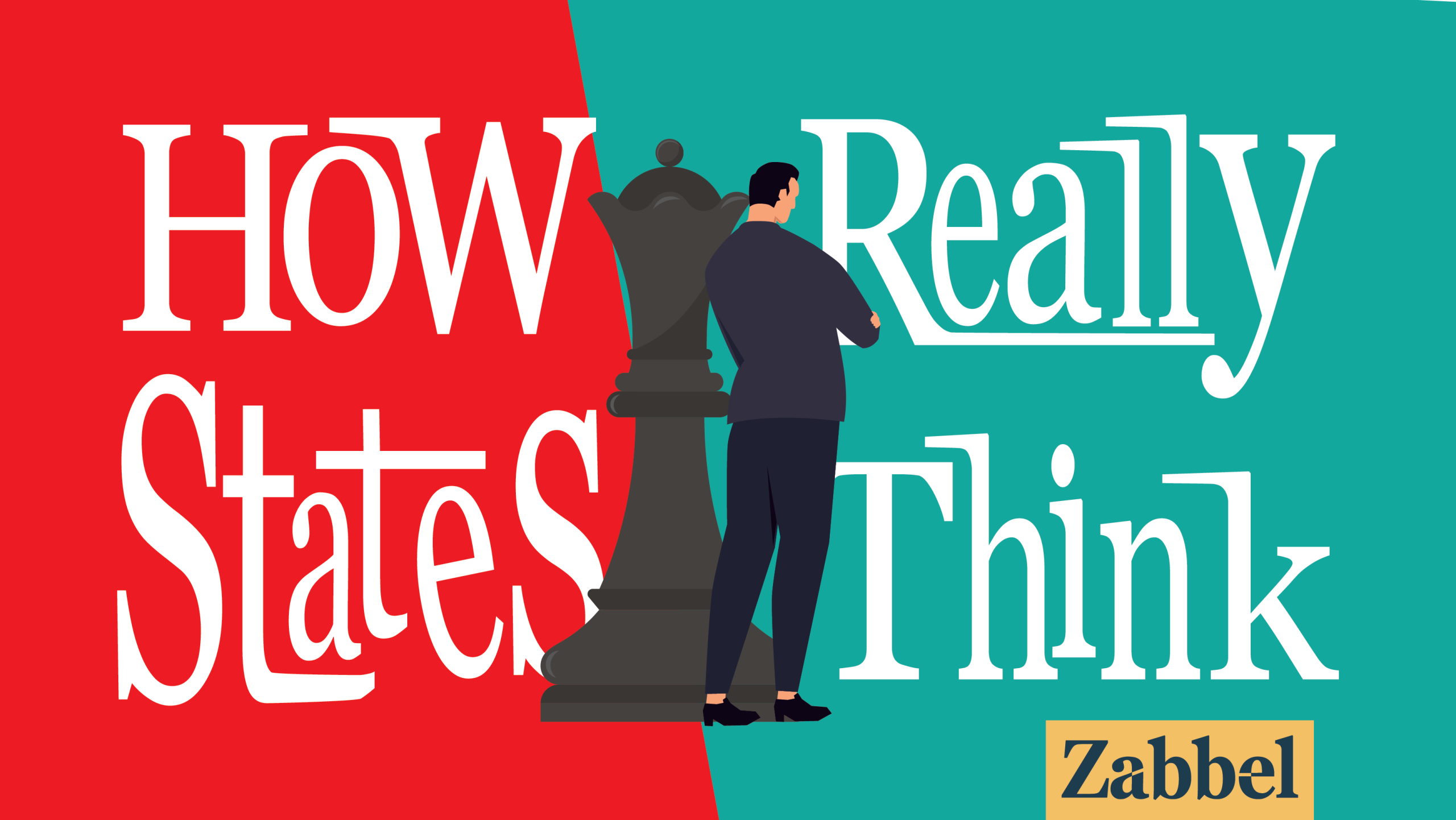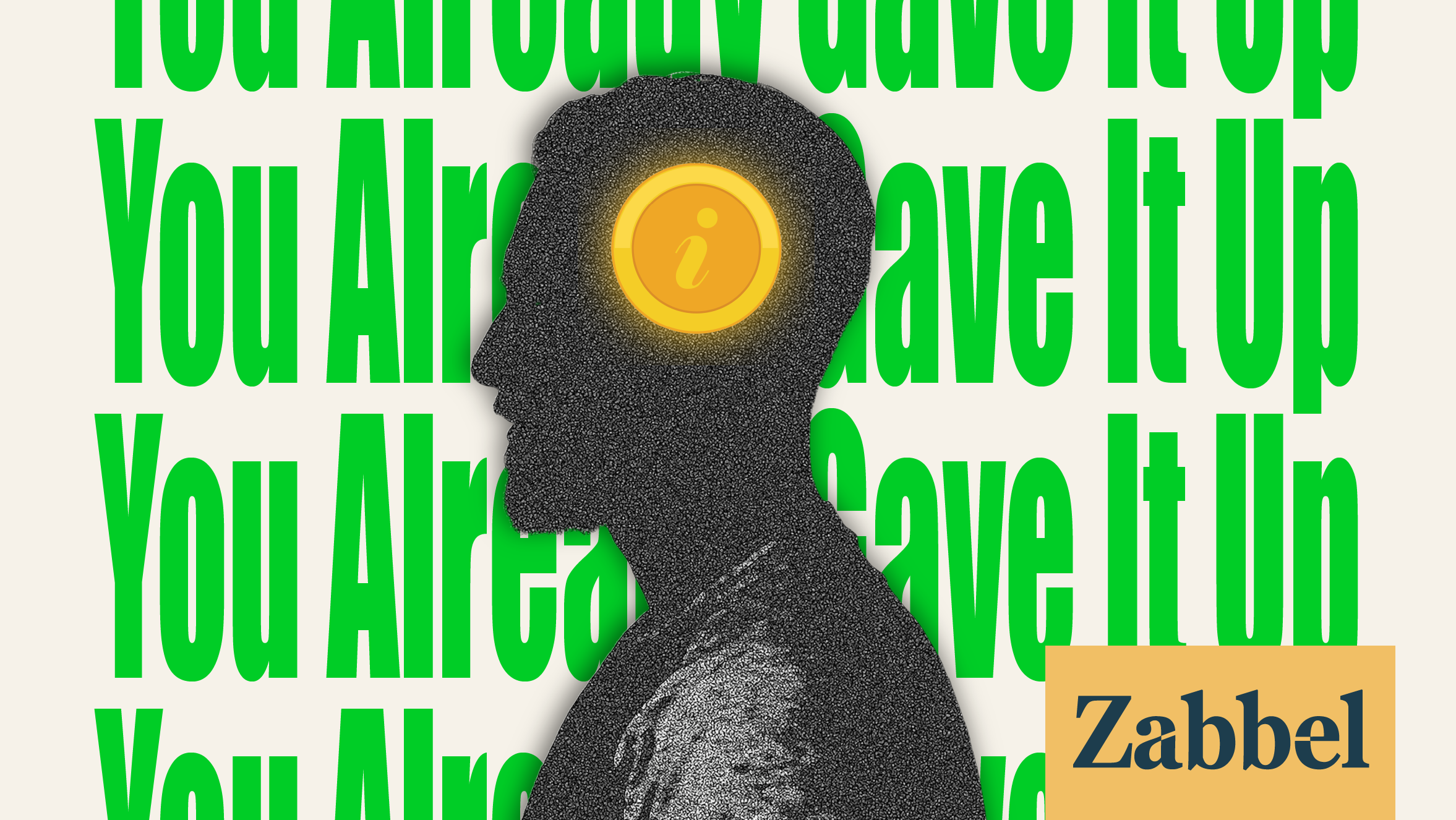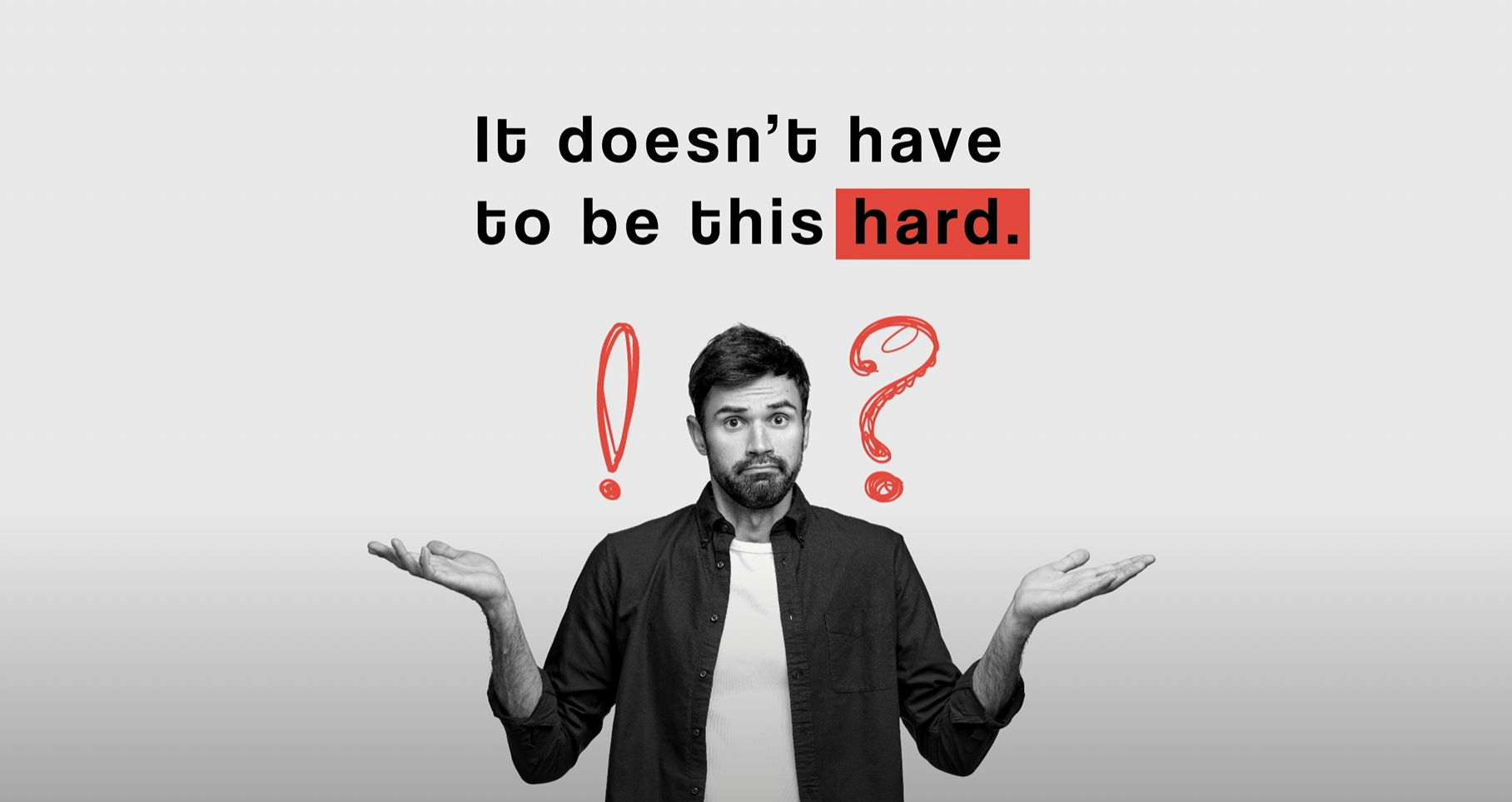How Democracy Survives in the Age of AI
Not long ago, Albania made global headlines. Prime Minister Edi Rama announced something no other country had done before: the appointment of an AI minister.
Its name is Diella — meaning sun in Albanian.
But here’s the catch. Diella isn’t a minister in the way we think of human politicians. It won’t sit in parliament or lead a cabinet. Instead, it has been tasked with managing one of the most sensitive parts of government: deciding which companies win public contracts worth millions.
So, while the title “minister” might be symbolic, the responsibility is very real. For the first time, an algorithm is being asked to oversee decisions that directly affect taxpayers, businesses, and the future of a country.
And that raises an urgent question:
How does democracy survive in the age of AI?
The Shift Already Underway
AI is already reshaping governance in fundamental ways — often in places where citizens don’t even realize it’s operating.
-
In Estonia, AI handles a significant proportion of tax returns automatically.
-
In Singapore, predictive algorithms allocate social services before crises hit.
-
Across the Balkans, AI tools monitor disinformation campaigns and foreign influence operations.
Democracy has always been built on people choosing people — leaders we can argue with, pressure, and ultimately replace if they fail. But what happens when major decisions are no longer made by humans?
You can’t vote an algorithm out of office.
You can’t put AI on trial for corruption or negligence.
AI doesn’t feel responsibility — it only calculates.
And yet, as we’ve already seen, it’s sliding deeper into government work: handling taxes, scheduling healthcare, assisting judges in small cases, and now awarding contracts.
This is no longer science fiction. This is happening today.
Expert Insight: Three Pathways for Democracy
To better understand the risks and opportunities, we spoke with Dr. Jacob Udo-Udo Jacob, Executive Director of the Global Centre for Rehumanising Democracy in the UK. He described three possible futures:
-
AI as Democracy’s Assistant
“Think of it this way,” he explains, “every civil servant having a research team of experts working with them 24/7. This is where I’m most optimistic — AI augmenting human judgment and wisdom rather than replacing it.” -
AI as Democracy’s Replacement
This is where Dr. Jacob expresses caution.“Who gets to receive a benefit? Who gets a visa and who doesn’t? Who is flagged as a security risk? If algorithms decide these questions, then we are handing AI the power that should remain with humans.”
-
Hybrid Democracy
A system where human wisdom sets the values while AI handles complexity.
“AI and humans intertwine in creative ways,” he says, but warns:“The quality of AI governance depends fundamentally on the quality of information feeding it. Garbage in, authoritarianism out.”
These three pathways are not mutually exclusive. As Dr. Jacob points out, we are already walking down all three simultaneously.
The Core Dilemma
At its heart, the challenge is not technological but political.
Efficiency vs. Accountability: AI can streamline bureaucracy, but it cannot be held responsible.
Transparency vs. Black Box: Governments may rely on systems even they don’t fully understand.
Human Power vs. Machine Power: The question is less about what AI can do, and more about what powers humans are willing to surrender.
As Dr. Jacob warns:
“The question isn’t whether AI is transforming democracy. The question is: are we going to remain human while AI transforms it?”
Looking Ahead
Albania’s AI minister may be the first of its kind, but it won’t be the last. Other governments will experiment. Some will call it innovation. Others will call it dangerous.
The real question isn’t can AI govern? — because technically, yes, it can.
The real question is: should AI govern?
If democracy is going to survive in the age of AI, it must become more human than ever.
So, what do you think?
Would you trust an AI system to run part of your government?
Or should democracy remain fully human, no matter how advanced technology becomes?
Follow us on our social:
LinkedIn | Facebook | Instagram | YouTube






